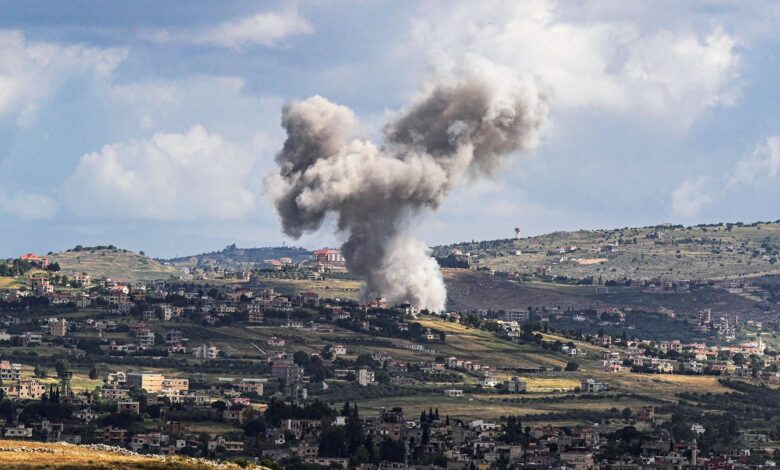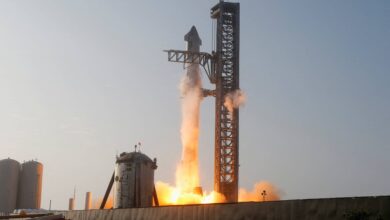
Heavy fighting erupted on Sunday between Israel and Hezbollah, with Israel targeting Hezbollah’s stronghold in southern Beirut amidst reports of intense clashes along the border. In retaliation, the Iran-backed militant group fired approximately 250 rockets and other projectiles into Israel, marking one of the most significant barrages in months and resulting in at least seven injuries.
Israeli air defenses intercepted several of the incoming rockets; however, some managed to cause damage to homes in central Israel, with a few projectiles even reaching the Tel Aviv area.
Hezbollah claimed to have conducted an unprecedented aerial assault using a swarm of attack drones aimed at the Ashdod naval base in southern Israel. The group later stated it launched a barrage of advanced missiles and drones targeting a military site in Tel Aviv, as well as missiles aimed at the Glilot army intelligence base located in the city’s suburbs. This base has previously been a focal point of Hezbollah’s attacks.
The Israeli military confirmed that around 250 projectiles were fired on Sunday, marking one of the highest daily figures since the onset of the conflict. This follows a significant escalation on September 24, when 350 projectiles were launched from Lebanon the day after intensified Israeli airstrikes against Hezbollah.
In the midst of the conflict, millions of Israelis faced the threat of rocket fire, with reports indicating a direct hit on a home in northern Israel and a car engulfed in flames following a strike in central Israel.
In Lebanon, Israeli forces targeted the southern suburbs of Beirut, a known Hezbollah stronghold, following a wave of airstrikes that reportedly killed 84 people, as stated by the Lebanese health ministry. The capital has experienced deadly strikes over the past week, prompting authorities to suspend in-person classes in the area for safety reasons.
Rising Casualties and Calls for Ceasefire
The ongoing conflict has resulted in at least 3,754 fatalities in Lebanon since October 2023, according to health ministry figures, with the majority occurring since September. On the Israeli side, at least 82 soldiers and 47 civilians have lost their lives.
These heavy exchanges of fire occurred despite a call for an immediate ceasefire from EU diplomat Josep Borrell, who was visiting Lebanon on Sunday. Borrell engaged in discussions with parliamentary speaker Nabih Berri, who has been mediating on behalf of Hezbollah. “We see only one possible way ahead: an immediate ceasefire and the full implementation of United Nations Security Council Resolution 1701,” Borrell stated, warning that “Lebanon is on the brink of collapse.”
Earlier this week, U.S. special envoy Amos Hochstein expressed optimism about a potential truce, stating that a deal was “within our grasp” before meeting with Israeli officials.
Resolution 1701, which ended the last conflict between Hezbollah and Israel in 2006, mandates that only Lebanese troops and UN peacekeepers should be present in the southern border area and calls for the disarmament of all armed groups in Lebanon, along with the withdrawal of Israeli forces.



